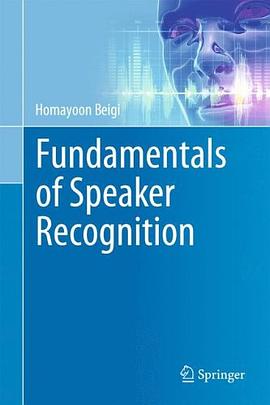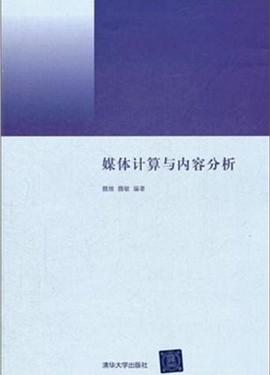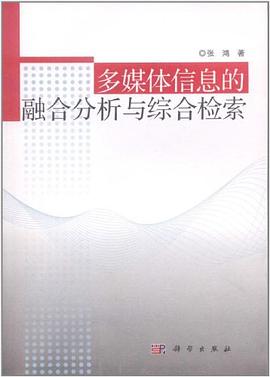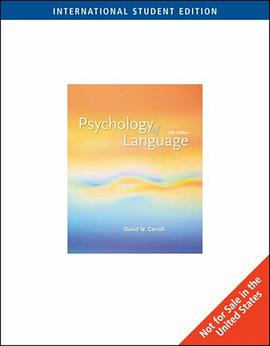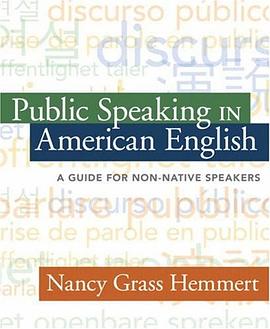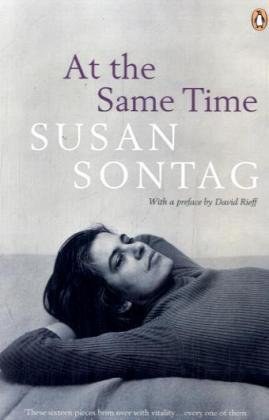
The essential critic
Susan Sontag's At the Same Time offers hope as well as cultural despair, says Nicholas Lezard
By Nicholas Lezard
The Guardian, Saturday 15 March 2008
Article history
Everyone should have a collection of Susan Sontag's essays on their shelves - or rather, in their heads. Her work used to be essential: you simply couldn't make any claim to be an intellectual without having, at the very least, "Notes on 'Camp'" or On Photography under your belt.
Her influence waned - which is, I suspect, partly because of her growing disillusionment with the culture she was engaged in. You might not believe it now, but there was a time when you could get very excited indeed about a new film by Jean-Luc Godard; and with Sontag on hand as explicator and cheerleader, one could feel part of a continuum of informed, avant-garde appreciation. Here, though, is how she felt in the last year of her life, 2004, in the first Nadine Gordimer lecture, the final essay in this volume, and the one that gives it its title: "the lesson of the hegemony of the mass media - television, MTV, the internet - is that there is only one culture, that what lies beyond borders everywhere is - or one day will be - just more of the same, with everyone on the planet feeding at the same trough of standardised entertainments and fantasies of eros and violence manufactured in the United States, Japan, wherever; with everyone enlightened by the same open-ended flow of bits of unfiltered (if, in fact, often censored) information and opinion."
You might think that matters aren't as bleak as that; but she has a point, and I think it's a fair warning. But she was making the point in a speech that praises the novel and the work of the novelist. Sontag always thought of herself as more of a novelist than an essayist, which is exactly the other way round to the way most other people thought about her; but what is greatest in this book are her appreciations not only of individual writers but of the very act of fictional creation. And, often specifically, work in translation: work from other places, work that expands the horizons of what you know. She grew up in an environment that did not, to put it mildly, encourage intellectual exploration; yet somehow she managed it. This is from the closing lines of "Literature is Freedom": "To have access to literature, world literature, was to escape the prison of national vanity, of philistinism, of compulsory provincialism, of inane schooling, of imperfect destinies and bad luck. Literature was the passport to enter a larger life; that is, the zone of freedom."
So if at one time Sontag stood for a kind of cultural relativism, and nudged a ball rolling until it turned into The Modern Review and the kind of post-cultural soup we all thrash about in now, she came to stand for the stern, old-fashioned virtues. Politically, she remained very much on the left - you may remember the fuss she caused when she said, of the 9/11 hijackers, that whatever they were, "cowardly" is not the word; "it might be more aptly applied to those who kill from beyond the range of retaliation, high in the sky". That was a position she carefully backtracked from in her subsequent essays (all reprinted here); but on the whole her political antennae remained tuned towards the radical. And who could be better placed to write on the photographs of humiliated Iraqi prisoners at Abu Ghraib than Sontag? Her understanding of the power of photography gives her outrage particular, pointed force.
But it's as a literary commentator that she became most valuable. The test of a good critic is if he or she describes a writer you've never read - or possibly even heard of - and makes you want to read that writer. Sontag was good at that; her introduction to Victor Serge's The Case of Comrade Tulayev made me not only read the book but review it for these pages; and having read her pieces on Halldór Laxness's Under the Glacier, Leonid Tsypkin's Summer in Baden-Baden, and Anna Banti's Artemisia, I want to read them, too. You can see these recommendations as a kind of abnegation, a rejection of a world grown stupid, greedy and violent; but they are also positive statements, an acknowledgment that there is still wonder and genius out there.
具體描述
讀後感
評分
評分
評分
評分
用戶評價
相關圖書
本站所有內容均為互聯網搜索引擎提供的公開搜索信息,本站不存儲任何數據與內容,任何內容與數據均與本站無關,如有需要請聯繫相關搜索引擎包括但不限於百度,google,bing,sogou 等
© 2025 qciss.net All Rights Reserved. 小哈圖書下載中心 版权所有



